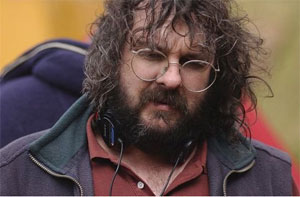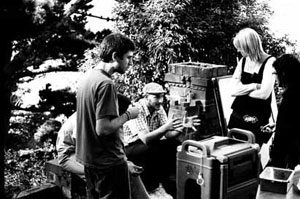Director (Film/Television/Video)
Tasks & duties

Directors may do some or all of the following:
-
decide how to tell a story on film, television or video
-
choose actors, designers and technical staff, often in collaboration with the producer(s)
-
choose settings for the film
-
decide how scenes will be shot
-
supervise and liaise with camera, lighting, sound and design staff
-
run rehearsals
-
direct actors' performances
-
control shooting (filming)
-
edit film with the editor, choosing the scenes that tell the story best
-
supervise soundtrack, sound effects and music
Skills & knowledge

Directors need to have:
-
knowledge of various film and video techniques
-
knowledge of how to best use pictures and sound to present a story and/or information
-
knowledge of photography
-
knowledge of music
-
creative and artistic ability to analyse scripts, books, plays and other writing
-
storytelling skills
-
writing skills
-
communication and people skills, including the ability to manage a team
-
good decision-making skills
-
research skills
Entry requirements
There are no specific entry requirements to become a director, but experience in the industry and proven ability are valuable.
Tertiary education
Film, television and video production courses are available and employers generally prefer you to have completed one of these.
Training on the job
Many skills are gained on the job, especially in technical areas such as editing.
Useful experience
Useful experience for directors includes work in many aspects of the film industry, such as camera operation, editing or production, and on different types of production, such as commercials, short films, or web-based video. Experience in creative writing, dance or drama can also be useful.
Related courses
Audio Visual Studies
Drama and Theatre Studies
Journalism, Communication and Media Studies
For more information, please refer to Career Services.
Document Actions
